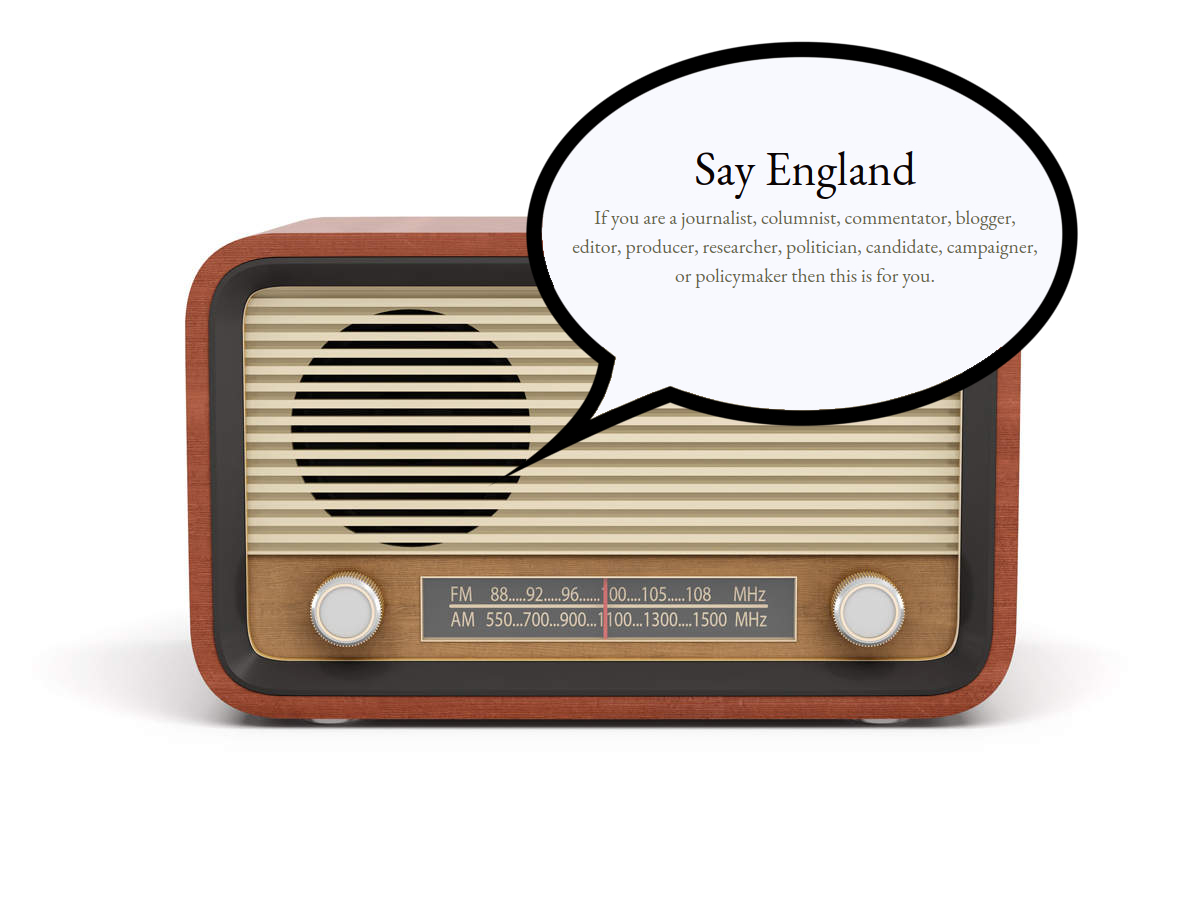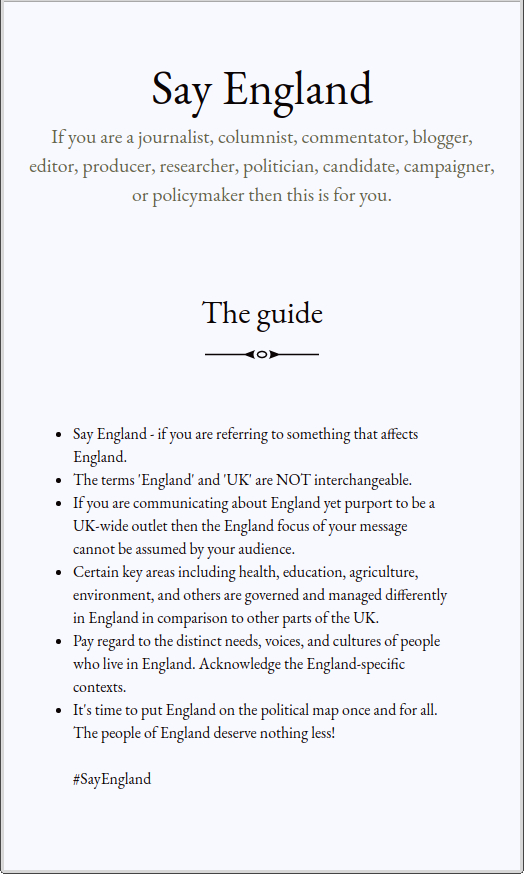The online connotation of the word troll, someone who invades an online space and provokes with offensive comments, is as old as the World Wide Web itself. You can also trawl archives of Usenet and other online spaces which pre-date the web and find examples of trolling.
In the old days it was merely a taunt related to your chosen programming language or maybe some highly opinionated nonsense with a needless bit of Hitler comparison thrown in.
Today, if the troll has something to gain beyond just the thrill of getting a rise out of people then they will graduate to their own website or blog and perfect the fine arts of linkbait and flamebait. They will learn how to create feedback loops of notoriety.
My main point in publishing this blog post is to suggest to you that newspaper columnists themselves can be highly effective trolls. Not only do newspapers allow trolls to visit and leave comments, they actively recruit them and pay them to write columns.
For some of the newer gossip sites in the USA instead of a flat fee they actually pay writers according to the page views they can rack up through deliberately being controversial. This could be a way some mainstream news outlets are heading. The structure of incentives leads to particular forms of coverage and opinion. And these are very often ugly forms.
We assume repeatedly, colleagues and friends, that a newspaper is a fountain of public good and decency – and then every time we become distressed and angry and shocked when the fountain shoots out cascades of poop.
Yesterday I began to see a particular columnist not as a writer but as a mega-troll when I saw his Twitter bio which read, of all the things it could have said about his work, ‘I’m right about everything’.
Don’t bother searching for who that is.
This particular columnist (please, resist the urge to search) has reached a new level of expertise in trolling which deserves some kind of industry guild with its own crest of excellence. These professional mega-trolls, instead of operating at a forum level as before or even an individual website level, have mastered the art of controversy at a web level, provoking a swelling of rage in the form of comments, complaints, tweets, trending topics, well meaning righteous blog posts – and inbound traffic.
I’m resisting the urge to name any particular newspapers here for reasons that are hopefully becoming obvious.
Today I received an invitation to a Facebook campaign urging me not to buy newspapers which publish bigoted views about a particular linguistic group. I am sure that every person who joined will refrain from buying such papers at the stands. So we’ve got the paper-based boycott thing worked out just fine. We’ve long known that paper newspapers provoke controversy in order to sell copies. Knowing that and resisting them is not the challenge.
Now what if the offending newspaper is digital? Newspapers in digital form have effectively unlimited copies and they don’t even charge for access a lot of the time. Many of the hurdles, the protective barriers if you like, have gone. What’s more the paper in its online form is unbundled – you might never consider going near the paper version but I bet you’ve seen occasional articles online.
If you visit a newspaper website which is free-to-access then you are playing your part in boosting the fortunes of the company behind it. All it takes is a click. You get extra points for clicking on other articles. Or rather, they get the points. Everything is tracked and analysed and ultimately used to determine ad prices and sell ads. Usually it’s the high traffic newspapers that are making the biggest success of online. Notice I said ‘high traffic’ and not ‘popular’ newspapers, because how they are esteemed is of almost no importance in this – even to them.
Once you’ve read it and been offended why not send it to a few friends? You could email it but then if you share the link on your favourite social network service or your blog, you could also help them to increase their search ranking. Well done, you helped the poop and pollution to rise to the top.
You may, like me, have done these things. The desire to vent disagreement and frustration is… just… too… strong not to post. But it’s exactly what they want you to do.
If you post things online you’ll know that another thing everybody likes to receive is a good comment. It’s one of the nicest things you can give online. Now if you find a quality blog post or article and you leave a good comment then you bring insight to the conversation and increase the value of the page, which also gives the author a little bit of encouragement. This even applies if you disagree with them, as long as its amicable. These are the kinds of things that make commenting worth doing.
The outcome for an offending newspaper column is no different: leave a comment there and you increase its value in a similar fashion, whether you’re intending to help them or not. But if it’s a flamebait piece there’s no guarantee the author will even read your comment, no matter how witty or insightful you’ve been. Either way, in this situation, you are working for free to create content for them and even to bring repeat visits from people who’ve already been suckered into participating. Maybe we should all save our best for websites and other things that are more worthwhile.
So how do we (the nice people) get to resist and take back control of our bits of the web?
Do you remember the end bit in the original 1960 film of Village of the Damned when the hero has to free the village from the curse of the freaky evil schoolchildren who can read minds? I need you to stay with me here, especially if you post links online for others to see. The eventual hero Gordon needs to keep his mind blank somehow and manages to focus his entire thought process on a mental image of a brick wall. If his brain even flinches and lets out a smidgen of the plan then the ghastly children can outwit him, control him and thereby bring about a nasty accident.
We need to be like Gordon and mentally brick-wall those ghastly columnists. Every tweet and link and reference is a flinch of weakness.
A lot of people say to me, ‘Carl’ they say, for that is my name. They say how about going to the Press Complaints Commission, they’ll sort it out somehow. If you’re unfamiliar with them the PCC are an entirely voluntary member organisation made up of – and funded by – newspapers and magazines. This is the same organisation that did zilch about phone hacking but will somehow restore us to the fountain of purity and goodness supposedly.
Dear friends, no. There can be huge value in complaining in the right place particularly if laws are being broken. But the main point I’m making is a different one and is about the freedom and power we have. We’re the ones who give our attention to these websites. And we’re the ones who can withdraw that attention. We create the environment in which they flourish by allowing ourselves to be baited by the provocation and to be pimped to the advertisers.
I don’t know who said it first but if you’re not paying for it then you are the product. We’re the ones who renew the legitimacy of these sites by handing over the precious currency of attention which they can convert into advertising money every day.
Today the owners of a caching service called istyosty had to take the service offline. Because of a legal threat it is no longer able to rehost copies of articles from two well known tabloid newspapers for the purposes of criticism. Nobody is preventing the actual criticism from taking place but large numbers of people, for reasons I’ve already described, wanted to avoid directly linking to them and bestowing link juice and kudos on them.
Despite thinking of a name and idea for a caching service myself (which was built by somebody else and at the time of writing is still servicing links), I don’t see caching as the long-term solution to our problem.
The problem is that any form of attention – talking about these articles and acknowledging their presence – is beneficial to the offending newspaper companies in some way. I think they may even have been foolish to threaten istyosty over the copyright. The tiny damage from lost traffic here is just a form of progressive taxation which might expand slightly as the overall traffic shoots up, but not enough to sting. It could even contribute to the overall success of each article for all we know.
One solution I am trying is to use software add-ons to remove the risk of ever visiting these sites by accident. For me it’s a question of balancing the good articles with the bad, I’m very open to all kinds of opinion and debate but I draw the line at trolling.
Please note that I am not talking about every writer I disagree with or even about legitimite articles which may even be factually wrong. I am talking specifically about the mega-trolls, the ones I don’t ever need to see or discuss.
So I’ve installed a Firefox browser add-on called BlockSite. There are equivalents for other browsers. It can be massively tempting to think that I could turn it off and follow some of these scandalous links. But then it’s a good feeling to be able to brick-wall them. I’ve reduced my support of these particular sites to zero and I don’t feel I’m missing anything. I’m now enjoying and learning from the many other websites and media outlets which deserve my valuable attention.

